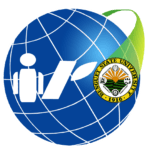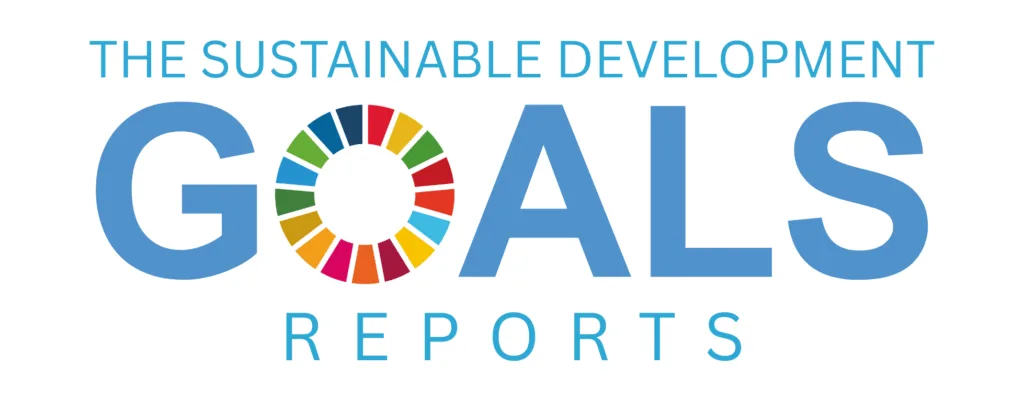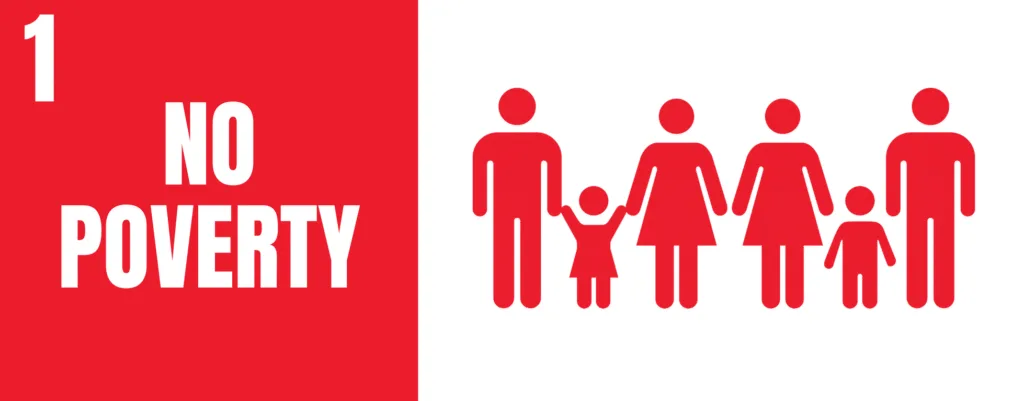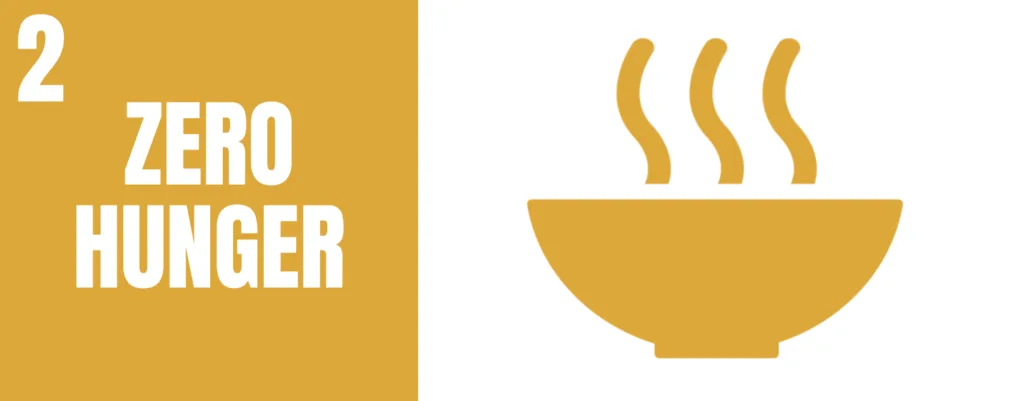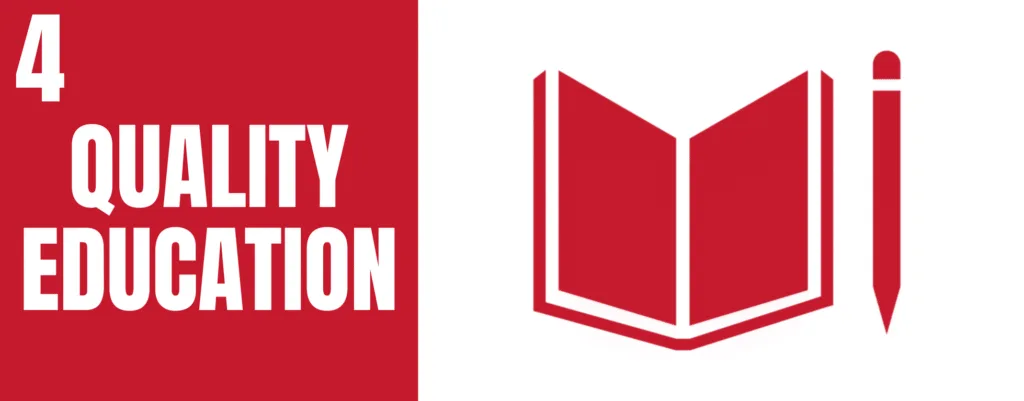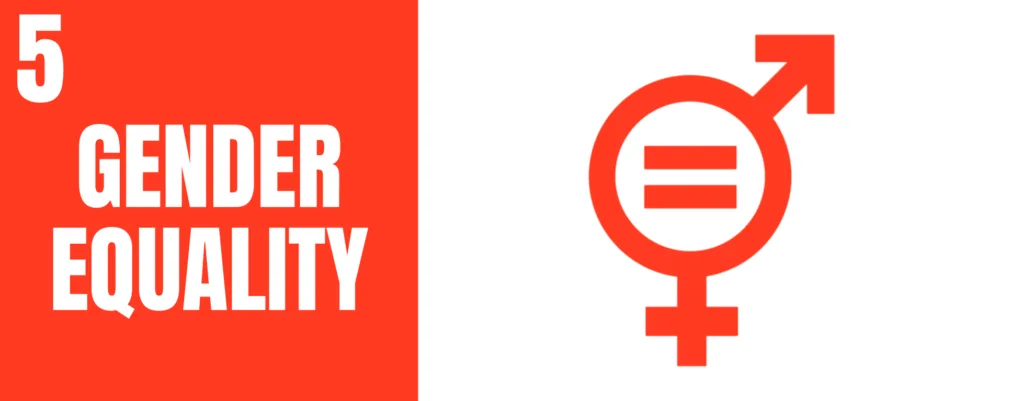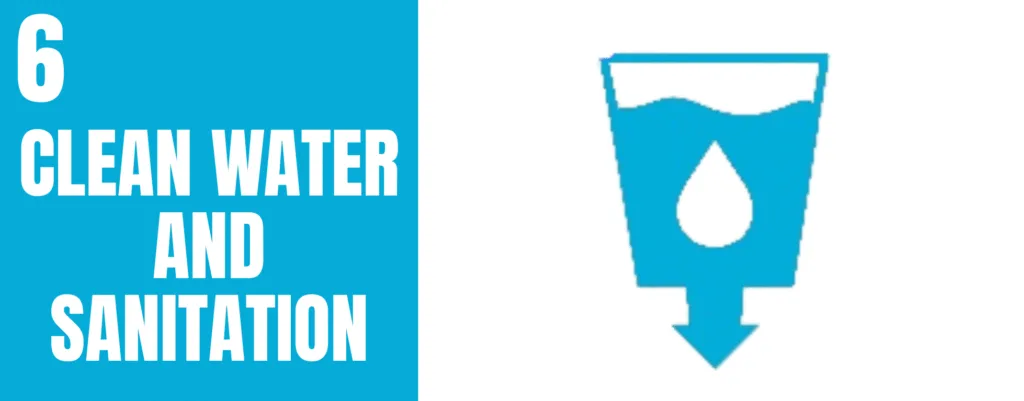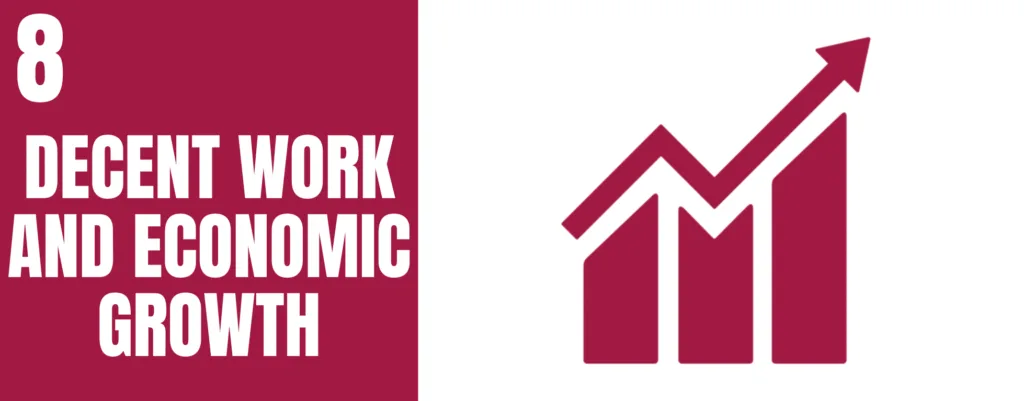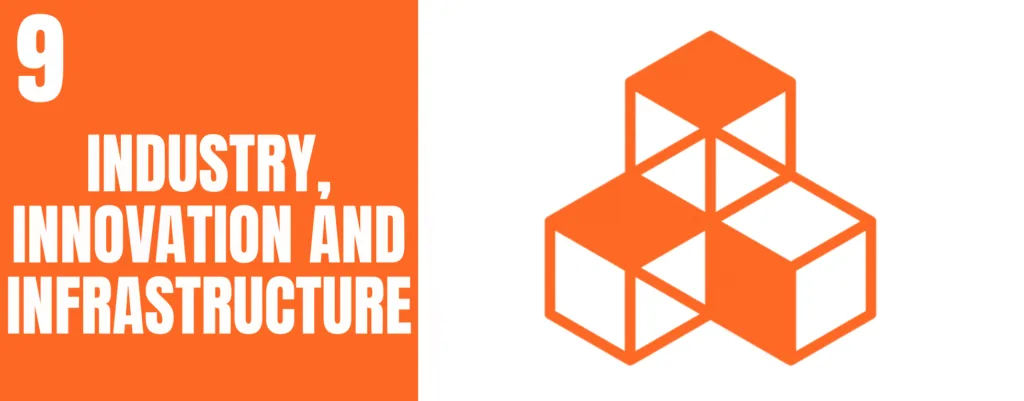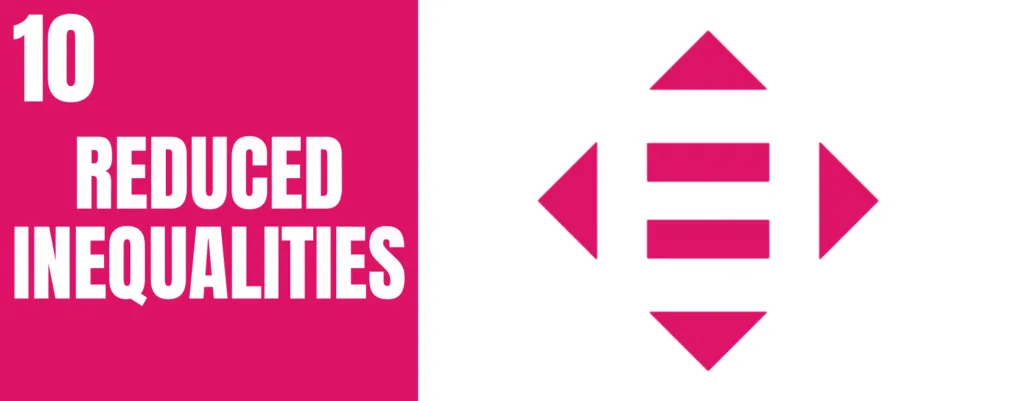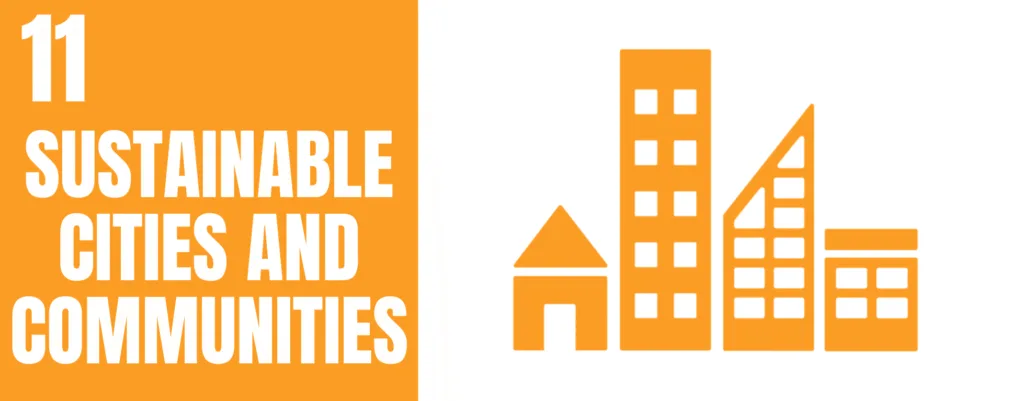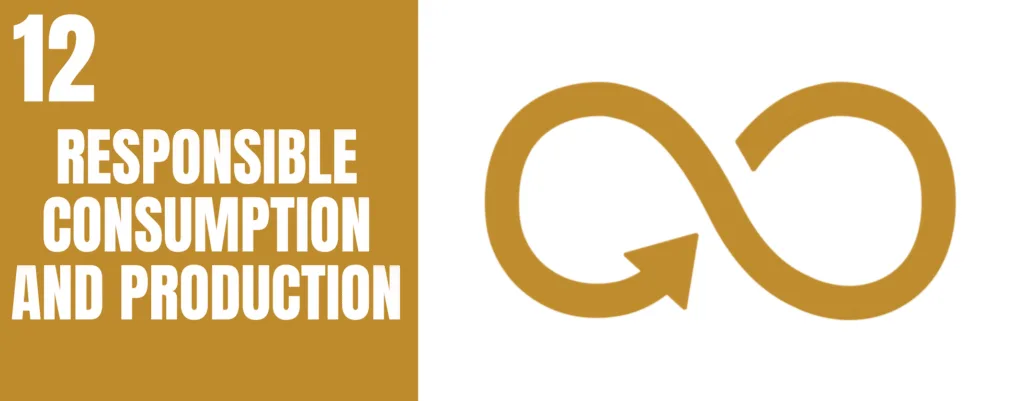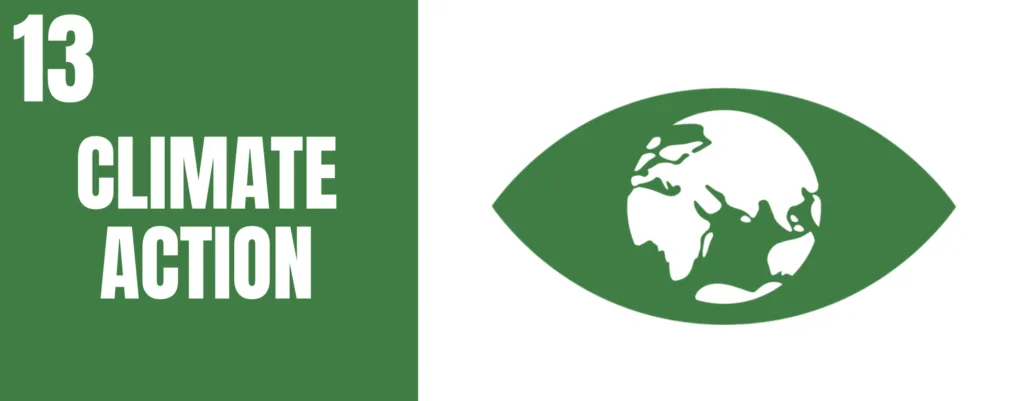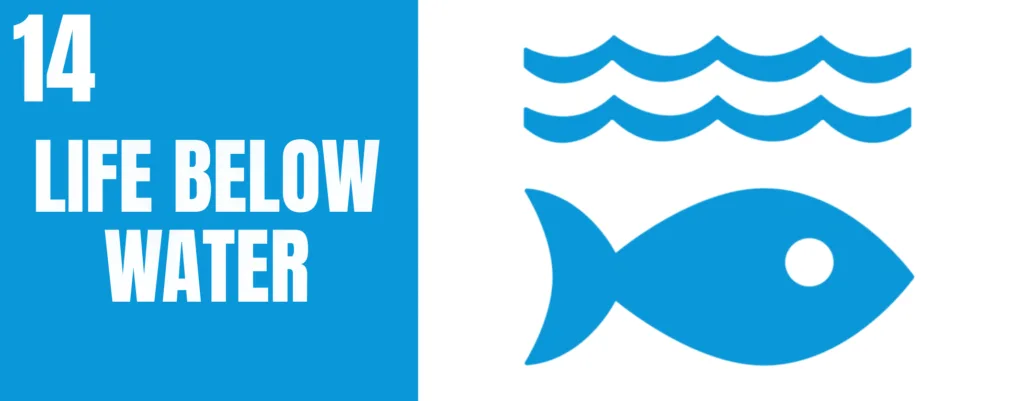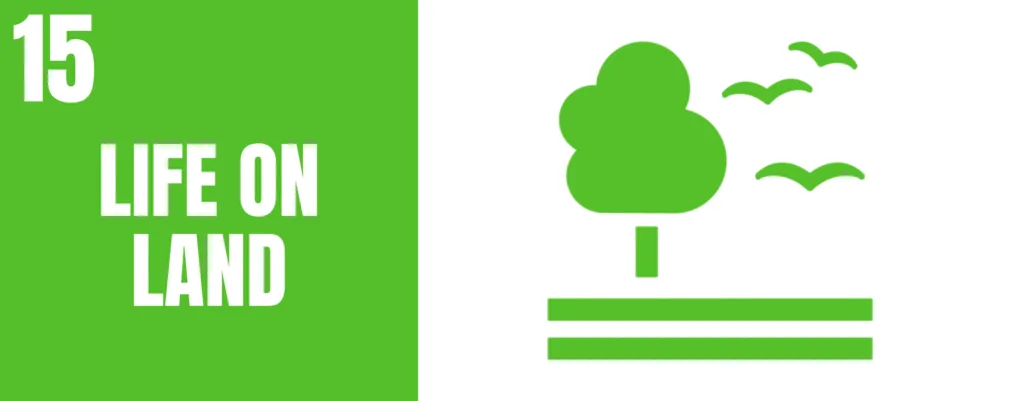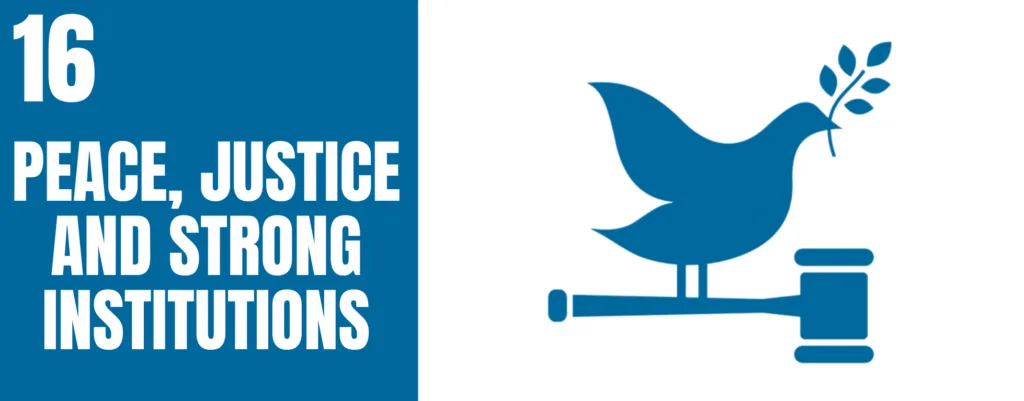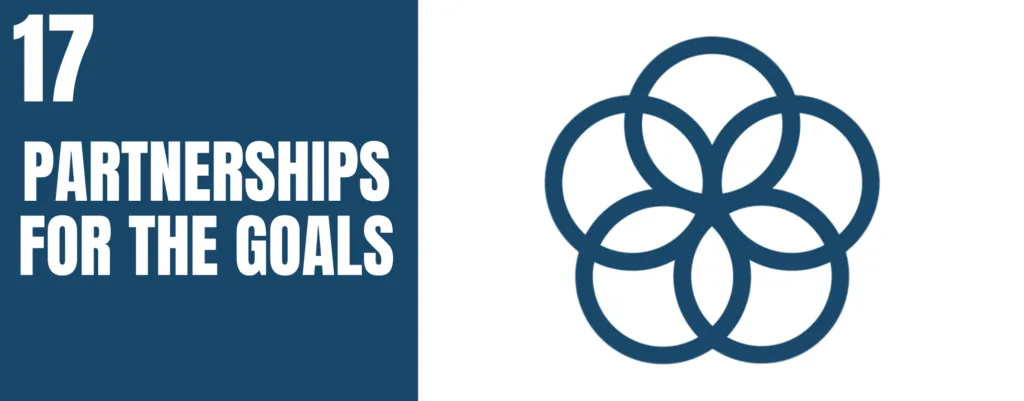SDG 9: INDUSTRY, INNOVATION AND INFRASTRUCTURE
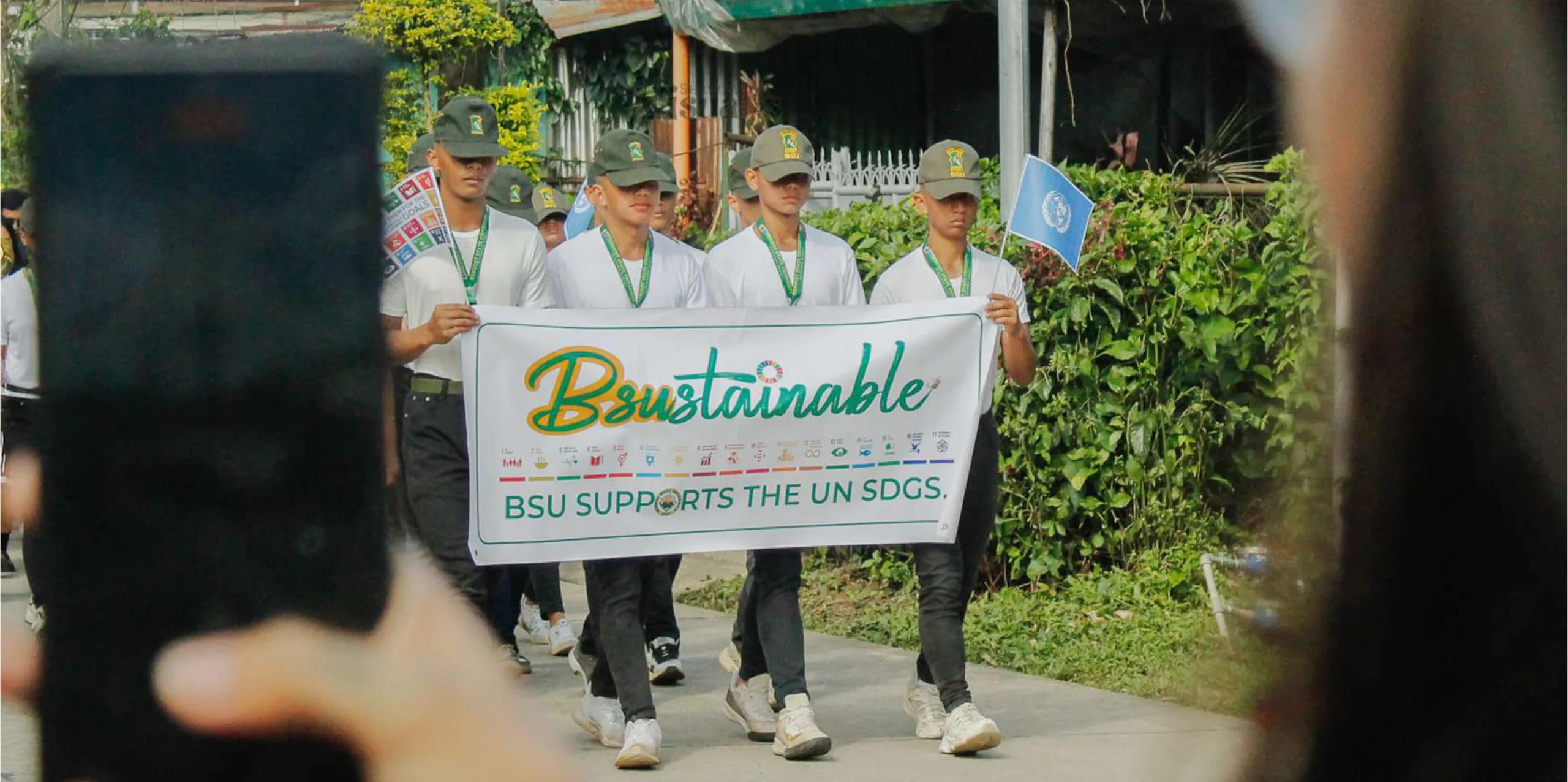
Benguet State University (BSU) continues to foster innovation and strengthen its research and industry linkages through programs that promote technology transfer, entrepreneurship, and applied research. The University’s initiatives under SDG 9 demonstrate its active participation in the national agenda for innovation-led regional development, consistent with the Philippine Development Plan (PDP) 2023–2028 and the Commission on Higher Education Memorandum Order No. 55, s. 2026 on internationalization and innovation in higher education.
Number of University Spin Offs
BSU operates the Agri-based Technology Business Incubator and Innovation Center (BSU-ATBI/IC), established in partnership with DOST–PCAARRD, to nurture agri-entrepreneurs and technology-driven start-ups. The ATBI/IC provides mentoring, technical support, and business incubation services to researchers, students, and local innovators. In 2024, the Center reported mentoring 18 incubatees and accepting 30 pre-incubatees into its incubation program. These efforts have resulted in the establishment of several start-ups, notably Yore Sky Garden and Domo Greensmart Garden, both recognized by PCAARRD as successful spin-offs emerging from BSU’s innovation ecosystem. These achievements underscore BSU’s commitment to promoting technology commercialization and sustainable enterprise development among its stakeholders.
Research Income from Industry and Commerce
In 2024, BSU’s Research and Extension (R&E) sector reported a total of ₱25,339,512.08 in outsourced project funds from external partners in industry and commerce, as documented in Table 14 of the University’s Annual Report. Funding sources included Northern Cement Corporation, BSU-CMPC, and other private collaborators engaged in agricultural, environmental, and technology research. This figure represents the University’s total research income from industry and commercial entities for the year, reflecting strong and sustained linkages between BSU and the private sector in advancing applied and industrial research.
Research Income from Industry and Commerce per Academic Staff
Using the total research income of ₱25,339,512.08 and the reported 315 plantilla academic faculty as of December 2024, the calculated research income per academic staff is approximately ₱80,443. This value illustrates the level of engagement and productivity of BSU’s faculty members in externally funded research collaborations. The figure also indicates growing participation of the academic community in industry-linked research, supporting both institutional and regional development goals.
Research Income from Industry and Commerce by Subject Area (STEM/Medicine/Arts and Humanities/Social Sciences)
The BSU Annual Report presents research projects across thematic clusters such as S&T AANR (Science and Technology – Agriculture, Aquatic, and Natural Resources), FIEET (Food, Industry, Environment, Engineering, and Technology), and Social AANR and Education, but it does not provide a financial breakdown by specific academic disciplines (STEM, Medicine, or Arts and Humanities/Social Sciences). Nonetheless, project distribution indicates that the majority of externally funded research is concentrated in STEM-related areas, particularly Agriculture, Environmental Science, Forestry, and Engineering. These projects emphasize BSU’s strength in developing sustainable technologies, improving food systems, and enhancing resource efficiency core aspects of SDG 9 implementation.
Number of Academic Staff by Subject Area
BSU’s 315 plantilla academic staff are distributed among various colleges and disciplines. The majority belong to STEM fields, particularly Agriculture, Forestry, Engineering, and Information Technology, which collectively drive innovation-based research and technology transfer initiatives. Faculty from the Social Sciences and Humanities also contribute to research on governance, entrepreneurship, and social innovation, complementing BSU’s interdisciplinary approach to sustainable development. While BSU does not have a medical program, allied health and nutrition faculty contribute to research in food safety and public health, aligning with health-related innovation.
Other Indicators
In 2024, BSU filed a total of 56 intellectual property rights applications, consisting of 7 utility models, 47 copyrights, and 2 trademarks, as recorded by the Intellectual Property and Technology Business Management (IPTBM) Office. These filings demonstrate the University’s growing innovation culture and its readiness to commercialize new technologies. The ATBI/IC’s continued incubation of 18 incubatees and 30 pre-incubatees further strengthens the University’s spin-off pipeline and its role in regional innovation ecosystems.
Additionally, BSU published 24 Web of Science/Scopus-indexed and 28 peer-reviewed journal articles in 2024, reflecting a strong research foundation that supports partnerships with industry and government sectors. The integration of research, innovation, and enterprise development highlights BSU’s effective implementation of SDG 9 and its contribution to the national innovation agenda.
Benguet State University’s 2024 performance under SDG 9: Industry, Innovation, and Infrastructure reflects a maturing ecosystem of applied research, technology transfer, and entrepreneurship. The University’s ATBI/IC, research income growth, and active intellectual property generation demonstrate institutional capacity to link academic research with industry and community development. These initiatives reinforce BSU’s alignment with the Philippine Development Plan’s Science, Technology, and Innovation priorities and CHED’s Strategic Internationalization Framework, positioning the University as a regional leader in sustainable innovation and inclusive industrial advancement.Key sources
Source: BSU 2024 Annual Report
